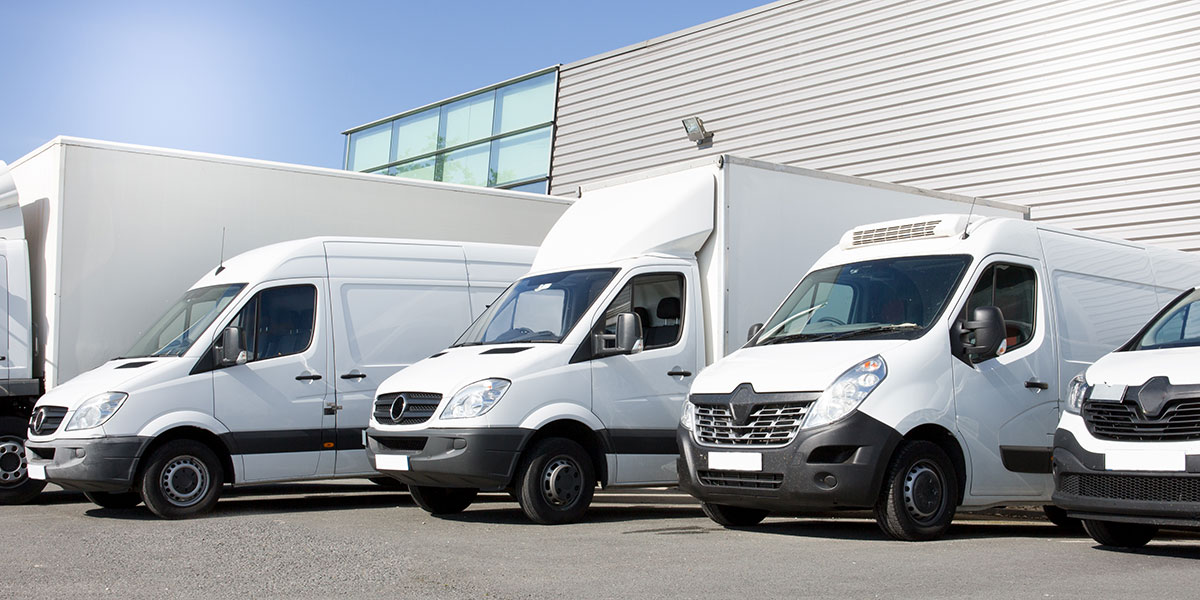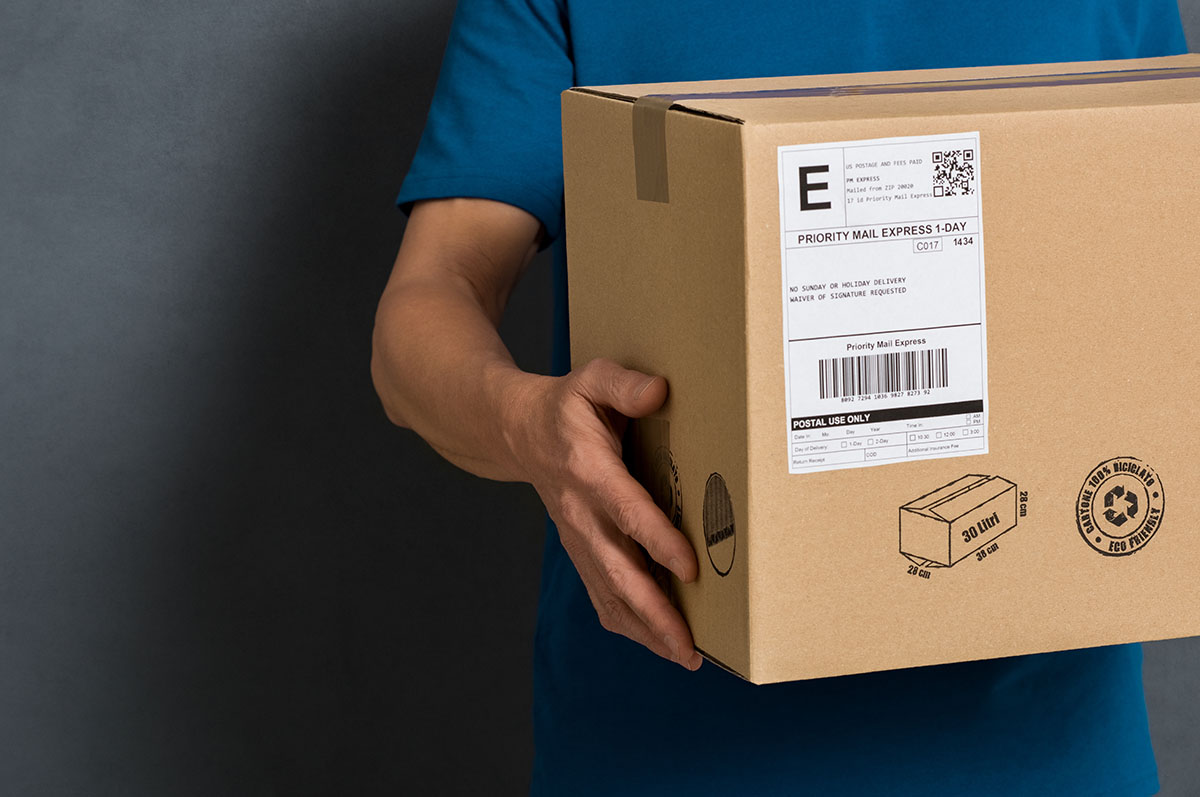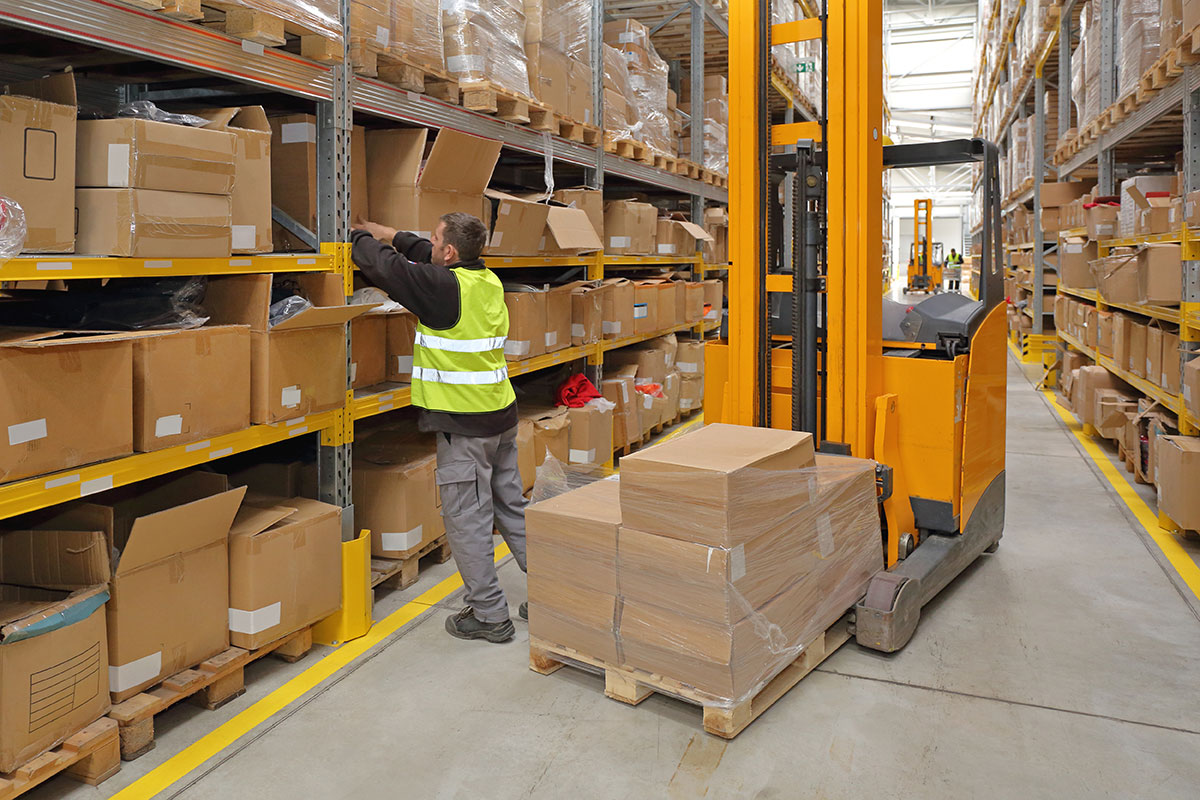B2B and B2C order fulfillment play a key role in driving the growth of any economy. But these two terms can often be confusing to a new entrepreneur who may have only heard of suppliers, distributors, logistics, and support services.
Businesses go to great lengths and invest a lot of time and resources to identify the right companies to partner with and to find the best market to sell their products and services.
As an online business owner, developing an understanding of B2B versus B2C order fulfillment will point you in the right direction. You’ll have a clear idea about why you need to build and nurture business relationships, find the right suppliers, manage your warehouse, and deliver value to your customers.
With this in mind, in this post, we’ll take a look at some of the important differences between B2B and B2C order fulfillment.
What Is B2B Order Fulfillment?
B2B order fulfillment services deal with the delivery of goods from business to business. In other words, they transport large, bulk shipments to a recipient company. These services allow businesses to store materials they require to carry out day-to-day activities ahead of time.
B2B fulfillment centers focus on providing fast and reliable delivery. Since businesses deal with other companies, they expect these fulfillment services to be optimized for cost-cutting and increased efficiency.
B2B fulfillment services are required to follow complex routing procedures in their warehousing operations. They also play a crucial role in a company’s ability to meet their orders in time. Delays and mismanagement on the part of a B2B fulfillment service can harm the reputation of the recipient business, not to mention, penalty fees and losses in terms of refunds and chargebacks.
Most large businesses integrate their warehousing with their B2B order fulfillment service using electronic data interchange (EDI) software. Doing so helps businesses exchange order data and shipping information with their suppliers in real-time. These fulfillment centers also have to comply with specific guidelines such as barcode labeling, product description, invoice, and shipment details.
Global B2B order fulfillment services can be affected by trade barriers like taxes, quotas, subsidies, and shipping levies. Security situations, legal barriers, and corrupt governments are factors that can also create hurdles for large shipping companies. However, the impact of these risks can be minimized using quality management systems and efficient reporting software.
What Is B2C Order Fulfillment?
B2C order fulfillment services focus on delivering manufactured goods directly to customers. This type of order fulfillment is easier to manage as compared to B2B because large, bulk shipments are not involved. These companies have less stringent regulations while in-time delivery and customer satisfaction are the two primary requirements.
B2C logistics companies also have to ensure that all orders are delivered damage-free and with accurate documentation while some also handle returns and refunds.
These order fulfillment services augment a company’s ability to deliver ordered products to customers faster – sometimes on the same day. Mismanagement or delays on the part of an order fulfillment company can lead to bad reviews for the manufacturer and additional costs in terms of refunds and returns.
Most B2C order fulfillment companies also offer free shipping and features like order tracking and customer support. Some service providers even offer value-added services at their warehousing stations including packaging, labeling, painting, and assembling equipment, which helps businesses save valuable space at their factory.
B2B Order Fulfillment versus B2C Order Fulfillment
Now that you have a basic understanding of B2B and B2C order fulfillment, let’s dive in further and compare and contrast the two approaches:
At the Pre-Purchase Stage
Here are the key differences between B2B order fulfillment and B2C order fulfillment in terms of revenue, purchase price, and sales support:
-
Revenue per customer. B2B shipments mostly involve large-scale, bulk orders of raw materials and subparts while B2C order fulfillment handles smaller items like clothes, studio headphones, or kitchen appliances. So, B2B purchase contracts can amount to millions of dollars and can last for years versus $200 for a single pair of headphones can be the only time a customer buys from a business.
-
Product price. B2B order fulfillment offers services and pricing based on the needs and requirements of the receiving business. Prices between these companies are agreed upon based on several factors including the size of an order, recurring orders, payment terms, and duration of working relationship. B2C transactions, on the other hand, are conducted on standard prices, i.e. they’re the same for everyone.
-
Sales assistance. B2B contracts focus on long-term engagements and provide support at different stages. For instance, companies that take up large construction projects need heavy-duty, sophisticated equipment which needs regular maintenance. On the other hand, a B2C customer may require little support or sales assistance. For example, a smartphone buyer may ask for repairs during the warranty period of the device.
At the Purchase Stage
Let’s look at the important differences between B2B order fulfillment and B2C order fulfillment in the context of buying decisions, purchase processes, order sizes, and payment schemes:
-
Buying decision/emotion. Businesses do a lot of research and planning before agreeing on a B2B contract, and substantial effort is made to keep emotion and personal feelings out of the buying decision. In contrast, a B2C purchase requires less forethought and planning while the buying decision is mostly based on feelings and personal preferences.
-
Buying process/Sales process. B2B transactions are negotiated with several suppliers and warehouses depending on the needs and financial decisions of a company. For instance, a bakery has to compare the prices of flour, sugar, and milk from different sources and come up with the most cost-effective and reliable supplier. In B2C purchases, customers have the option to choose from which bakery they want to buy bread.
-
Order size and number of transactions. B2B shipments are large-scale, bulky items that are ordered multiple times in a calendar year depending on the needs and requirements of the receiving business. On the other hand, a B2C purchase mostly involves lighter deliveries on a single transaction.
-
Payments. B2B payment schemes involve procurement of materials on credit. For instance, when a receiving business orders raw wood from its supplier, it will receive an invoice along with the ordered goods which detail the amount owed and terms and conditions of the transaction. However, a B2C transaction is pretty straightforward, where the customer will order a wooden chair from an e-commerce site and pay at their doorstep when they receive the delivery.
At the Post-Purchase Stage
Here are the key differences between B2B order fulfillment and B2C order fulfillment in terms of shipping methods, customer relationships, and return handling:
-
Order fulfillment and shipping methods. As B2B transactions involve larger shipments, the order fulfillment service and shipping systems used are very different. They cost much more, take longer to reach the destination, and may require sophisticated handling equipment when loaded on specialized trucks or ships. For instance, trucks equipped with large freezers to preserve fish and seafood fall into this category. In contrast, B2C order fulfillment offers low-cost (or even free shipping) which arrives within a week of order placement – sometimes on the same day.
-
Relationship with the end customer. Business to business relations is essential in B2B order fulfillment, while B2C services focus on customer satisfaction. Most B2B contracts comprise of large, recurring shipments and close partnerships which are crucial for the success of both parties involved. For instance, a construction material supplier has to optimize and coordinate their operations according to the needs of the construction company for the latter to deliver good value and payback the supplier on time. In contrast, a B2C customer can buy their desired product from the vendor of their choice.
-
Handling returns. B2B order fulfillment companies handle large order sizes, and their contracts describe obligations and processes for managing returns and losses. Third-party insurance companies may also be involved to minimize the impact of risk on each company. For instance, large oil shipping companies hire insurance companies to safeguard their investment. On the other hand, B2C transactions involve clear return and refund policies possible in the retail market.
Conclusion
Depending on the type of business you’re running, you may have to deal with B2B order fulfillment, B2C order fulfillment, or both. Hopefully, you now have a better understanding of what to expect at different stages of service consumption.








